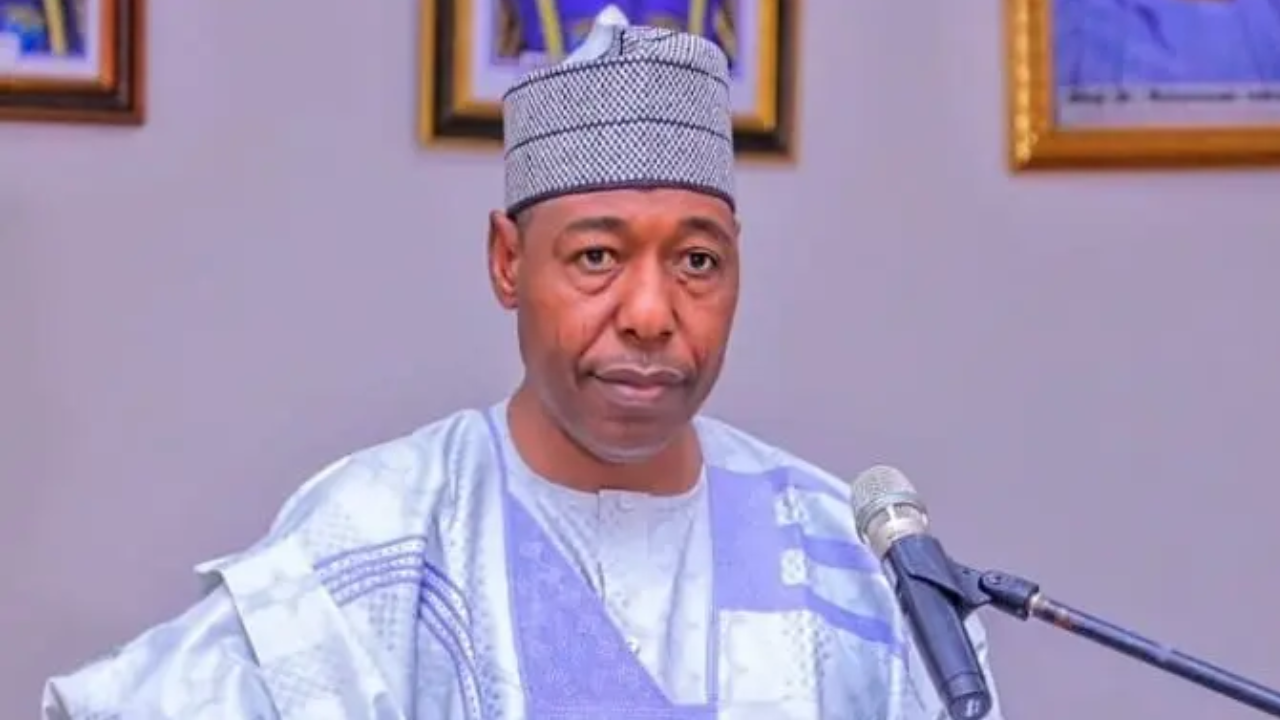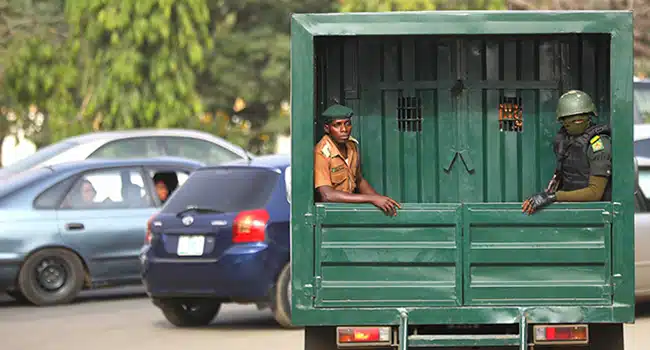Last Wednesday, the Nigerian State threatened to take tough action against any foreign government or elements identified to have shown support to the nationwide #EndBadGovernance protests that rocked the country from August1 with huge losses of lives and property.
This threat was predicated on the fact that many of the protesters were seen brandishing the flags of the Russian Federation, urging the Russian President Vladimir Putin to come to the rescue amid loud calls on the Nigerian military to overthrow the government of President Bola Tinubu.
The government has reportedly arrested some foreign nationals in connection with the protests amid investigations to ascertain their level of involvement in the demonstrations which have killed over 30 people and damaged property worth billions while also disrupting business activities for days.
Although the Russian Federation had denied involvement in the protests through its embassy in Abuja, the Nigerian government insists foreign powers have connived with some Nigerians in the Diaspora to plot against Nigerian democracy and re-introduced military rule in the country.
Minister of Foreign Affairs Ambassador Yusuf Tuggar issued this threat while addressing members of the Diplomatic Corps in Abuja on Wednesday, stressing that Nigeria is a sovereign state and will not tolerate any interference in its domestic affairs by foreign elements bent on giving support to the protesters.
The Minister said “while the government continues to work hard through the various reform programs and measures to address the challenges facing Nigeria and Nigerians, it is pertinent to remind us that no nation tolerates foreign interference in its domestic affairs and that of its citizens.
“The government would take appropriate action against any foreign entity residing in Nigeria that is found to have directly or indirectly supported the protesters by whatever means or seeks to interfere in the internal affairs of the country.
“Nigeria cherishes and continues to value the cordial relationships that happily subsist between her and your individual countries and organizations and will not do anything to undermine or take for granted such relationships.”
This intense protests were triggered by the twin policies of the fuel subsidy removal and the devaluation of the Nigerian currency -the Naira that sent prices of Premium Motor Spirit(PMS) otherwise known as fuel and other essential items to all time high beyond the reach of the ordinary man unleashing enormous hunger and difficulty to the land.
While the President Tinubu’s government had assured the Nigerian public that his government has embarked on reforms that will in the long-run benefit the people even as he admonished the public to be patient with his reforms, the people on other hand were overstretched by hardship and appeared to have lost the patience to wait for any fruit-yielding reforms.
The protesters probably took a cue from the violent demonstration in Kenya that forced President William Ruto to reverse some of the harsh policies that sparked the protests. Then perhaps the biggest motivation for the protesters came when after weeks of protests amid massive bloodbath, the people’s will prevailed when they forced the Prime Minister of Bangladesh Sheikh Hasina to resign and exit the country.
The Russian flag-wielding protesters in Kano and other states in northern Nigeria may have been too extreme in expressing their discontent in that way but the reasons for such action are not far-fetched. Hoisting a foreign flag in a sovereign nation as a mark for protest may be irrational but it speaks of deeper causal factors that Nigerian authorities need to figure out and draw appropriate lessons from.
If foreign interests were behind the protests as the Nigerian authorities are wont to believe, then they have to reckon with the terrible consequences of the administration’s domestic policies that triggered such reaction and quickly find a way to ameliorate the hardship and assuage the feelings of the people.
Former Permanent Secretary of the Nigerian Ministry of Foreign Affairs, Ambassador Bulus Lolo, said that Nigeria can draw valuable lessons from the protests especially from the developments in Bangladesh.
He said “it would seem that 2024 is turning out to be a year of discontent with mass protests breaking out in Africa, Europe and Asia over government policies that do not sit well with the public. The forced resignation of the former Prime Minister of Bangladesh, Sheikh Hasina can be said to be in a league of its own in so far as she became the victim of her own longevity in office.
“Is there a parallel with Nigeria or lessons to be learned? In my view, one may be stretching the imagination too far to begin to draw lessons with the #Endbadgovernance protests. If anything, the government should be proactive in taking measures that address the well-being and security of the citizenry.
“That is the primary purpose and responsibility of government as stipulated in the Nigerian constitution. An obvious lesson or warning from Bangladesh is that there is potent power in the collective might of the people. However, Nigerians must not resort to democracy of the mob as means of addressing their pressing problems.”

 3 months ago
12
3 months ago
12















 English (US) ·
English (US) ·